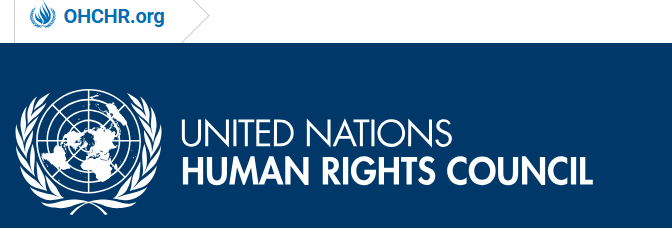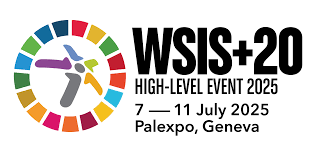19 May 2025
The United Nations Population Fund (UNFPA) has raised urgent concerns about the devastating consequences of funding cuts and neglect toward women and girls in crisis settings. In response to the U.S. government’s decision to deny future funding, UNFPA expressed deep regret, emphasizing that the withdrawal of support jeopardizes life-saving services for millions of vulnerable women and girls worldwide. The funding cut directly impacts programs in over 150 countries, including maternal healthcare, family planning, HIV prevention, and gender-based violence response—services that are critical in humanitarian emergencies and low-resource settings. UNFPA reaffirmed its commitment to its mandate, which is rooted in the principles of the International Conference on Population and Development (ICPD), ensuring that reproductive healthcare remains voluntary, rights-based, and accessible to all.
The consequences of underfunding are further highlighted in UNFPA’s broader appeal, “Don’t Let the Lights Go Out on Women and Girls,” which underscores the escalating risks faced by women and girls in crises. Conflicts, disasters, and pandemics disproportionately affect their health and safety, leading to rising maternal deaths, increased sexual violence, and a surge in child marriages. Despite these urgent needs, UNFPA’s 2023 humanitarian appeal was only 40% funded, leaving critical gaps in care. Each day, more than 500 women and girls die from preventable pregnancy and childbirth complications in emergency settings, while countless others face exploitation and abuse due to the lack of protection services.
UNFPA’s statements collectively stress that the world cannot afford to deprioritize women and girls in humanitarian responses. The withdrawal of key donor support, such as that of the U.S., exacerbates an already dire situation, forcing cuts to essential programs at a time when they are needed most. The agency calls for immediate and sustained investment in sexual and reproductive health services, as well as stronger accountability from governments and donors to ensure that gender-sensitive aid remains a global priority. Without urgent action, decades of progress toward gender equality and maternal health could unravel, leaving the most marginalized women and girls to pay the highest price.





